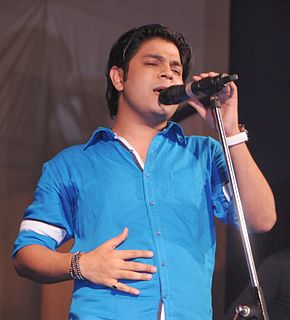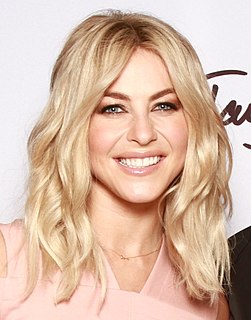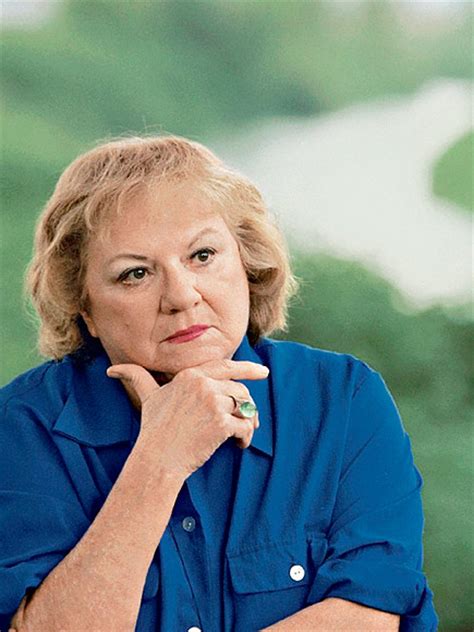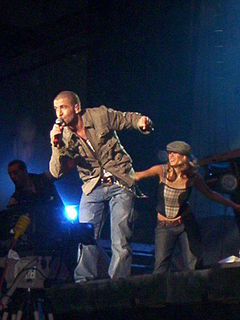A Quote by David McCullough
Once I discovered the endless fascination of doing the research and of doing the writing, I knew I had found what I wanted to do in my life. Every book is a new journey. I never felt I was an expert on a subject as I embarked on a project.
Related Quotes
I try not to be a prisoner to those kinds of thoughts or ideas of what I think my life should be or shouldn't be. That's why I've never had a five-year plan. I always knew that I wanted to have children. It wasn't kind of something that I discovered later. I also never felt the biological clock ticking because I think I always knew that I wanted to adopt.
The notion of a writer sitting in a library doing research isn't what I want. The research I love doing isn't found in a book. It's what it feels like to rappel down the side of a building; to train with a SWAT team; to hold a human brain in your hands; or to dive for pirate treasure. Those are things I've done to research my stories.
I knew what I wanted to do when I set out. I knew that I wanted to write a book that told the story, obviously. I wanted it be comedy first, because I felt like there already had been childhood druggy stories that were very serious, and I felt that the unique thing here was that I was a comic and I could tell the story with some levity, and I have been laughing at these stories my whole life.
And I felt more like me than I ever had, as if the years I'd lived so far had formed layers of skin and muscle over myself that others saw as me when the real one had been underneath all along, and I knew writing- even writing badly- had peeled away those layers, and I knew then that if I wanted to stay awake and alive, if I wanted to stay me, I would have to keep writing.
Writing fiction is very different to writing non-fiction. I love writing novels, but on history books, like my biographies of Stalin or Catherine the Great or Jerusalem, I spend endless hours doing vast amounts of research. But it ends up being based on the same principle as all writing about people: and that is curiosity!







































